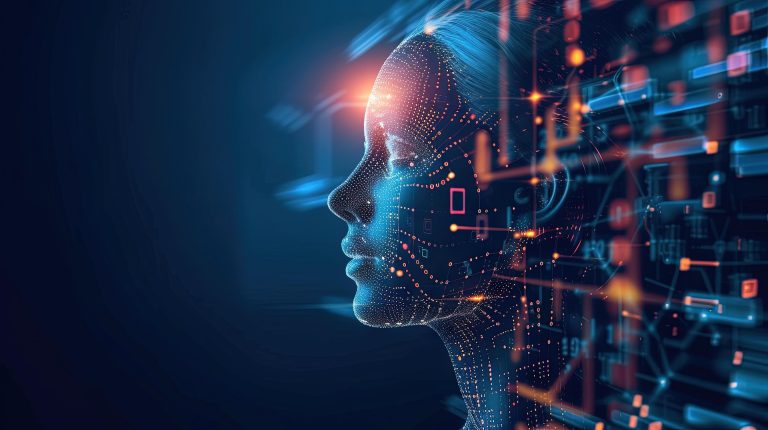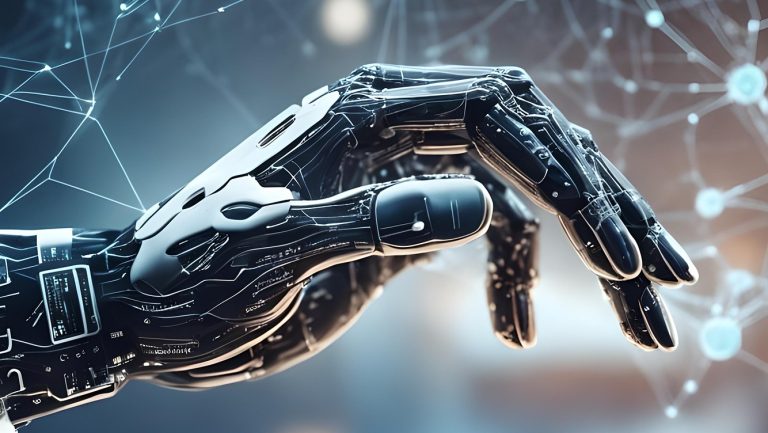In our digital age, data is everywhere — from the photos we upload to social media, to the sensors in smart cities, to the purchases we make online. But what happens when the amount of data becomes so large and complex that traditional methods can no longer handle it? That’s where Big Data comes in.
What Is Big Data?
Big Data refers to extremely large sets of data that are generated at high speed and come in many different forms. These datasets are so vast and varied that they require advanced tools and methods — often powered by AI — to store, process, and analyze them.
The core characteristics of Big Data are often summarized by the 5 V’s:
- Volume: The amount of data is massive — think petabytes or even exabytes.
- Velocity: Data flows in real-time or near real-time, requiring quick processing.
- Variety: Data comes in many forms — text, images, audio, video, and sensor data.
- Veracity: Data quality can vary, and not all of it is reliable.
- Value: The insights extracted from this data must be meaningful and actionable.
Why Does Big Data Matter?
Big Data is not just about having more data — it’s about what you can do with it. Here are a few examples of how Big Data is shaping our world:
- Healthcare: Predicting disease outbreaks, personalizing treatments, and analyzing genetic data.
- Finance: Detecting fraud, managing risk, and forecasting market trends.
- Retail: Understanding customer behavior and creating personalized shopping experiences.
- Environment: Monitoring climate change, tracking pollution, and optimizing energy use.
In all these cases, Big Data allows for smarter decisions, faster responses, and deeper insights — often in real-time.
How Does AI Work with Big Data?
Artificial Intelligence and Big Data are a perfect match. Big Data feeds AI systems with the information they need to learn patterns, make predictions, and improve performance. Without massive datasets, many machine learning algorithms would not be effective.
Think of Big Data as the “fuel” and AI as the “engine.” Together, they power innovations like:
- Self-driving cars (real-time sensor and camera data)
- Recommendation systems (user behavior patterns)
- Smart assistants (voice recognition and response)
The Challenges of Big Data
While Big Data offers immense opportunities, it also comes with challenges:
- Privacy risks: The more data we collect, the more we risk exposing sensitive information.
- Bias in data: Inaccurate or unbalanced datasets can lead to biased decisions.
- Storage and security: Keeping large amounts of data safe and organized requires advanced infrastructure.
These challenges make it crucial to handle Big Data ethically and responsibly.
Final Thought
We’re generating more data today than ever before — but are we using it wisely? As you dive deeper into AI, think about this:
“Can we harness the power of Big Data without losing control over our privacy and humanity?”



